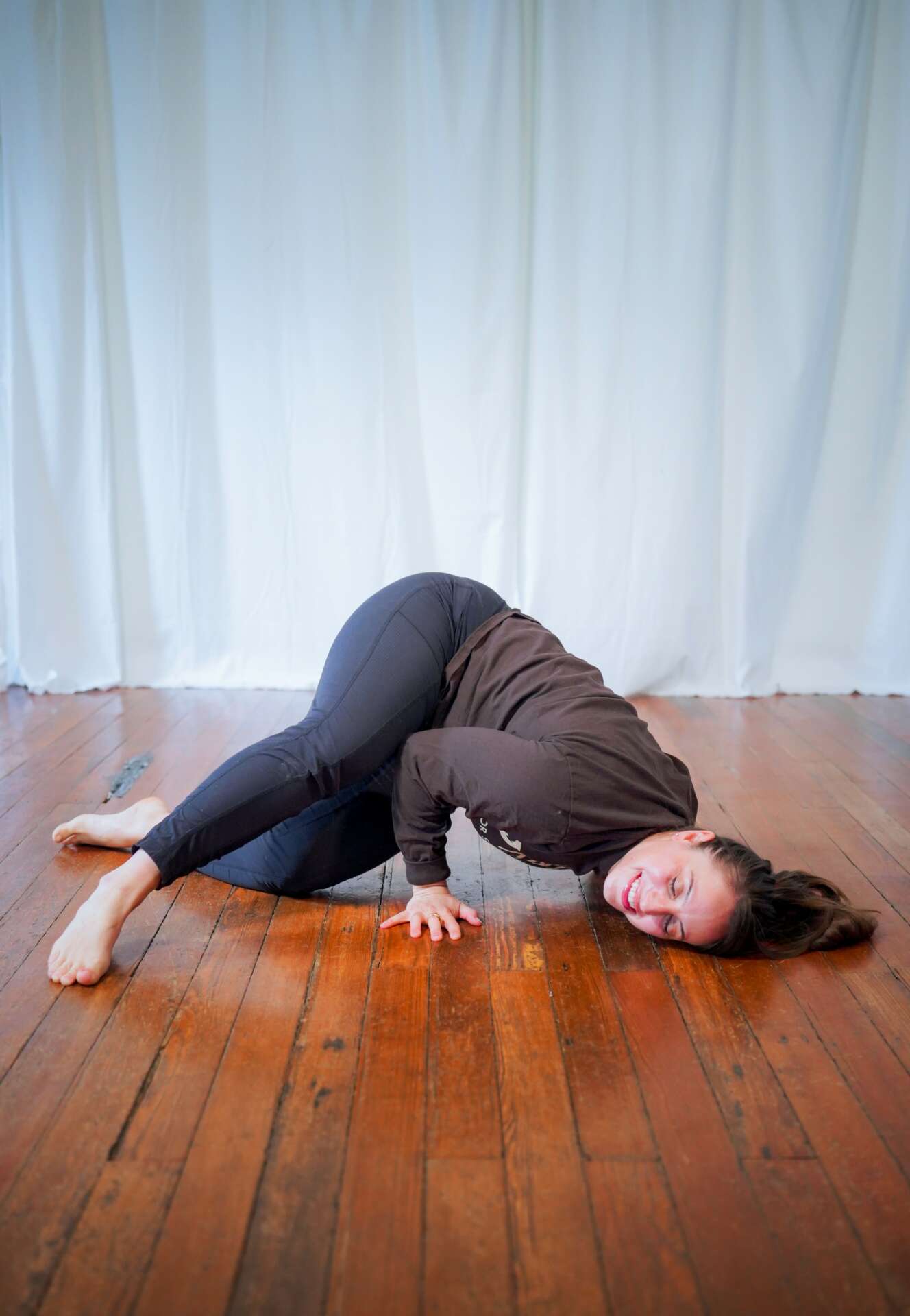We caught up with the brilliant and insightful Brieze Levy a few weeks ago and have shared our conversation below.
Brieze , looking forward to hearing all of your stories today. The first dollar you earn is always exciting – it’s like the start of a new chapter and so we’d love to hear about the first time you sold or generated revenue from your creative work?
After graduating college, I found it easy to get a job teaching dance. I love teaching, particularly teaching other adults, yet there was something different about getting paid to perform or choreograph vs getting paid to teach. I remember when I got booked for my first gig, it didn’t pay well, and I didn’t care at all. Just having someone value my talent, craft, and time made me realize my own value even more. Now from the programming/administrative side, it’s so important we uphold those same principles. I’m often asked to pass on performance opportunities that don’t mention budget or even outright say this is a volunteer role. I always make it a point to politely point out that I don’t share unpaid opportunities and if the budget should change, I’d be happy to spread the word. I think we’re all accountable to the culture of underpaying or not paying artists, and specifically dancers too, and see it as systemic shift that is needed with the impetus for change not just on the performers themselves.
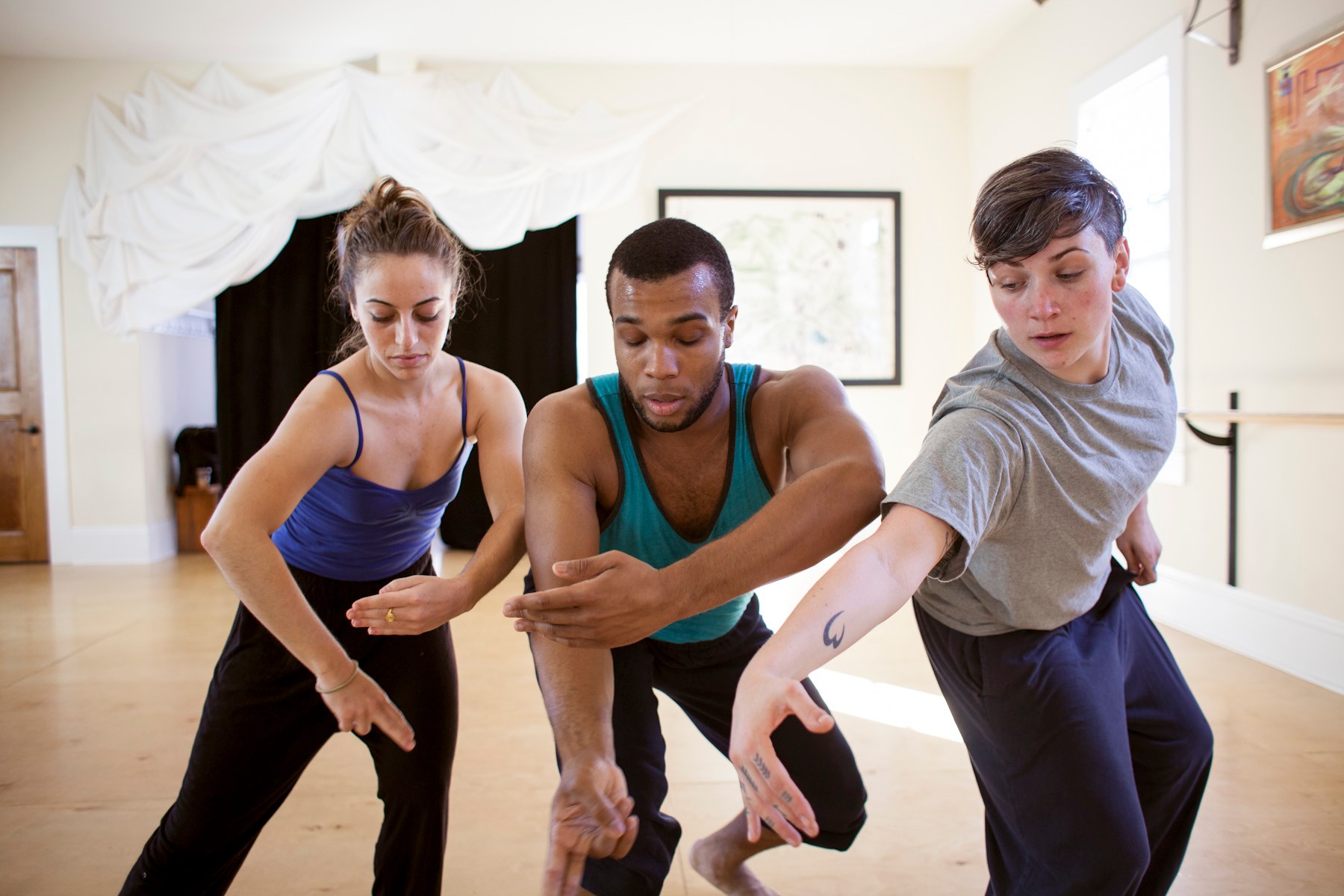

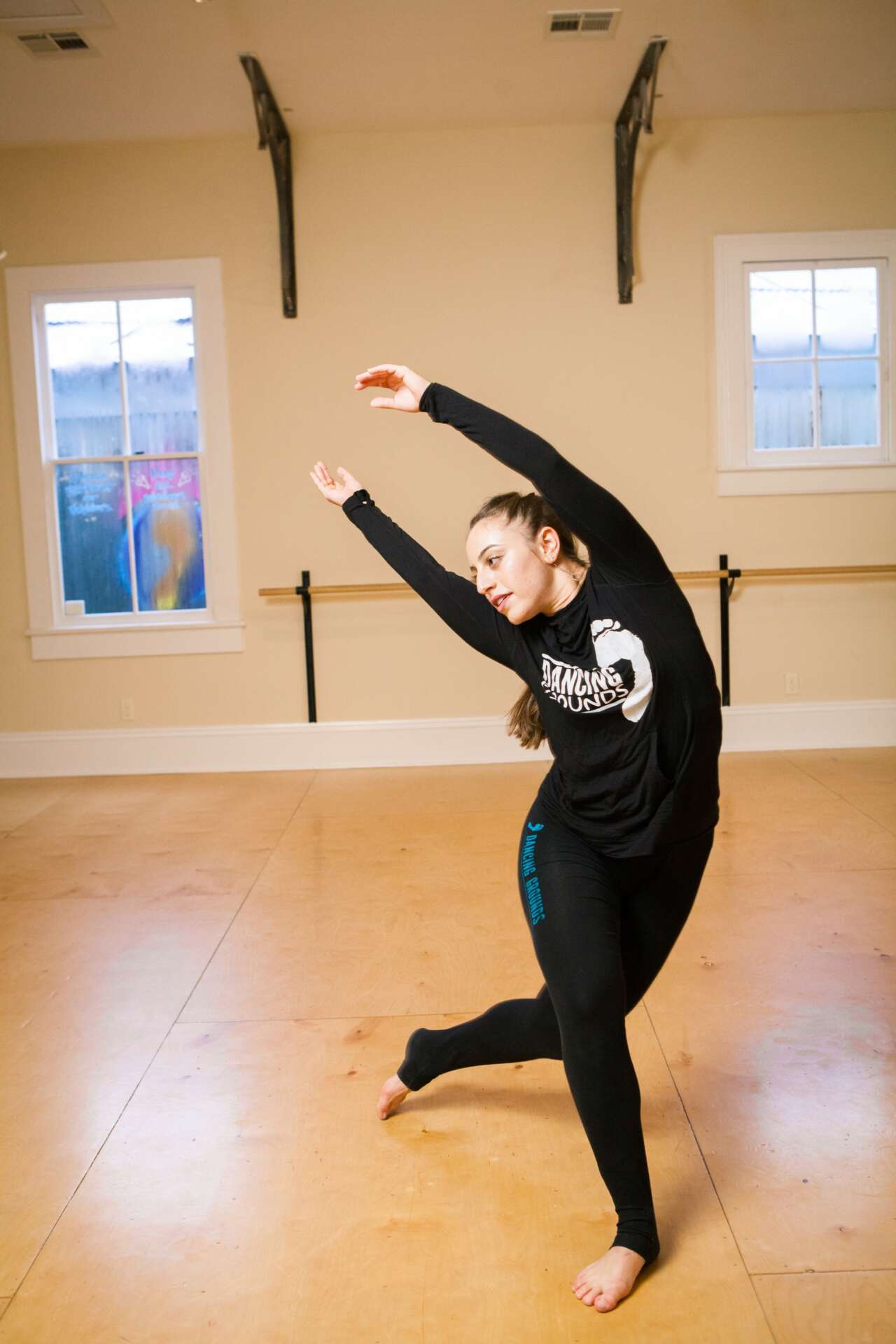
Brieze , before we move on to more of these sorts of questions, can you take some time to bring our readers up to speed on you and what you do?
I’m a is a dancer, choreographer, and arts/nonprofit administrator. I’m a founding staff member at a local, beloved non profit in New Orleans called Dancing Grounds that started as a place for adults to take dance classes and grew into a highly respected social justice, advocacy & artistic hub. I attended Bard College in New York, graduating with a B.A. in Dance and Religion, and studied with the Bill T. Jones/Arnie Zane Dance Company, with mentors including Leah Cox, Paul Matteson, and Stuart Singer.
I moved to New Orleans after college gradation in 2012 and have been here since. I’ve danced with the local scene and also national/international names including Hannibal Buress, Edward Sharpe and the Magnetic Zero’s and Dr John. Prior to the pandemic, I performed on a European tour of recording artist, Peaches. As a teacher, I’ve been able to watch my students evolve and many are now studying dance in college, which makes me extremely proud.
Dancing Grounds is also one of my proudest accomplishments. While I wasn’t the founding director, as a founding staff member I was able to be part of decision making at every step, really growing from a grassroots direction and always keeping the community first. Being in New Orleans, anti-racism became an integral aspect to the organization, always questioning our programming and policies and organizing among other nonprofits and organizations to upload anti-racist values.
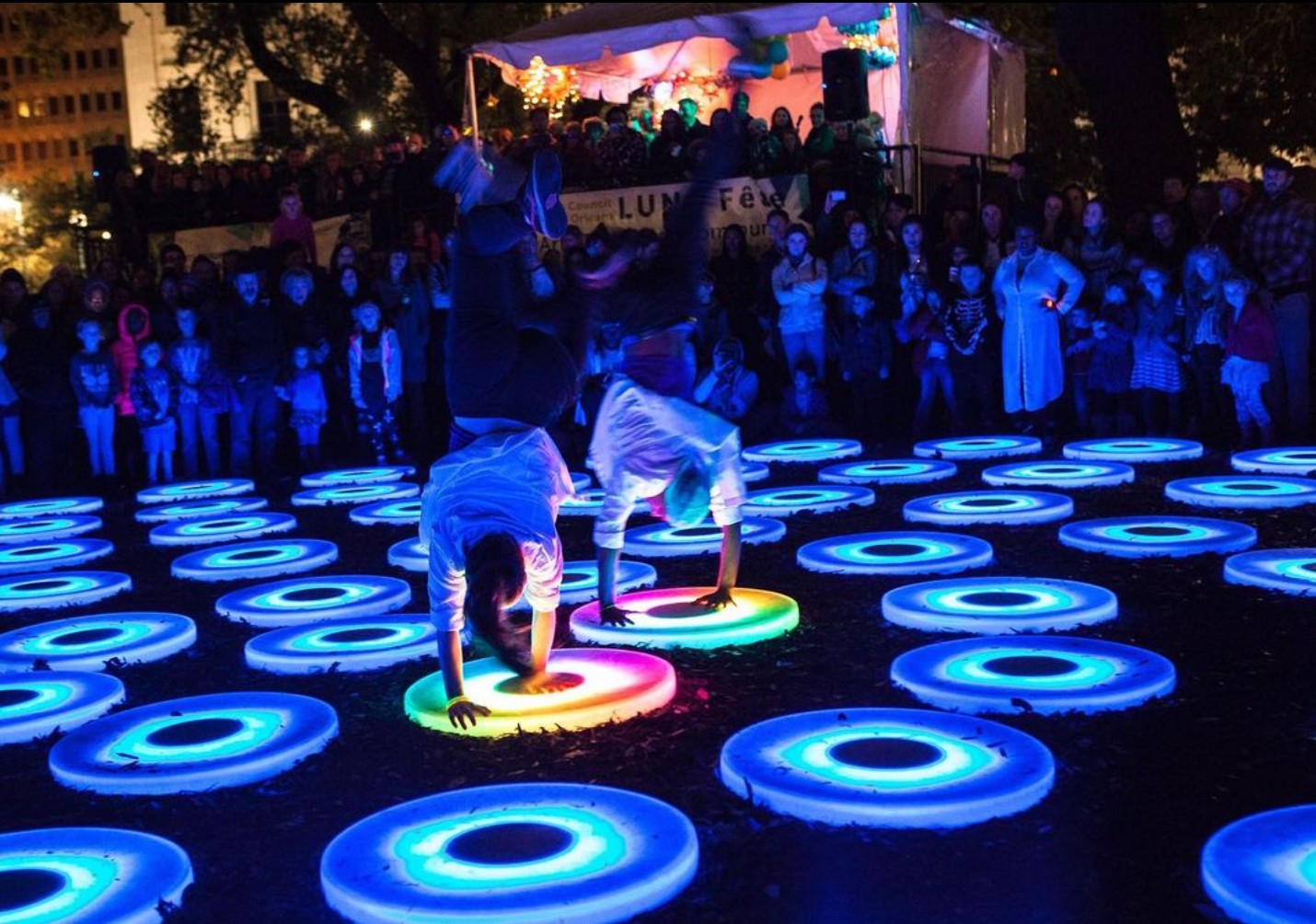
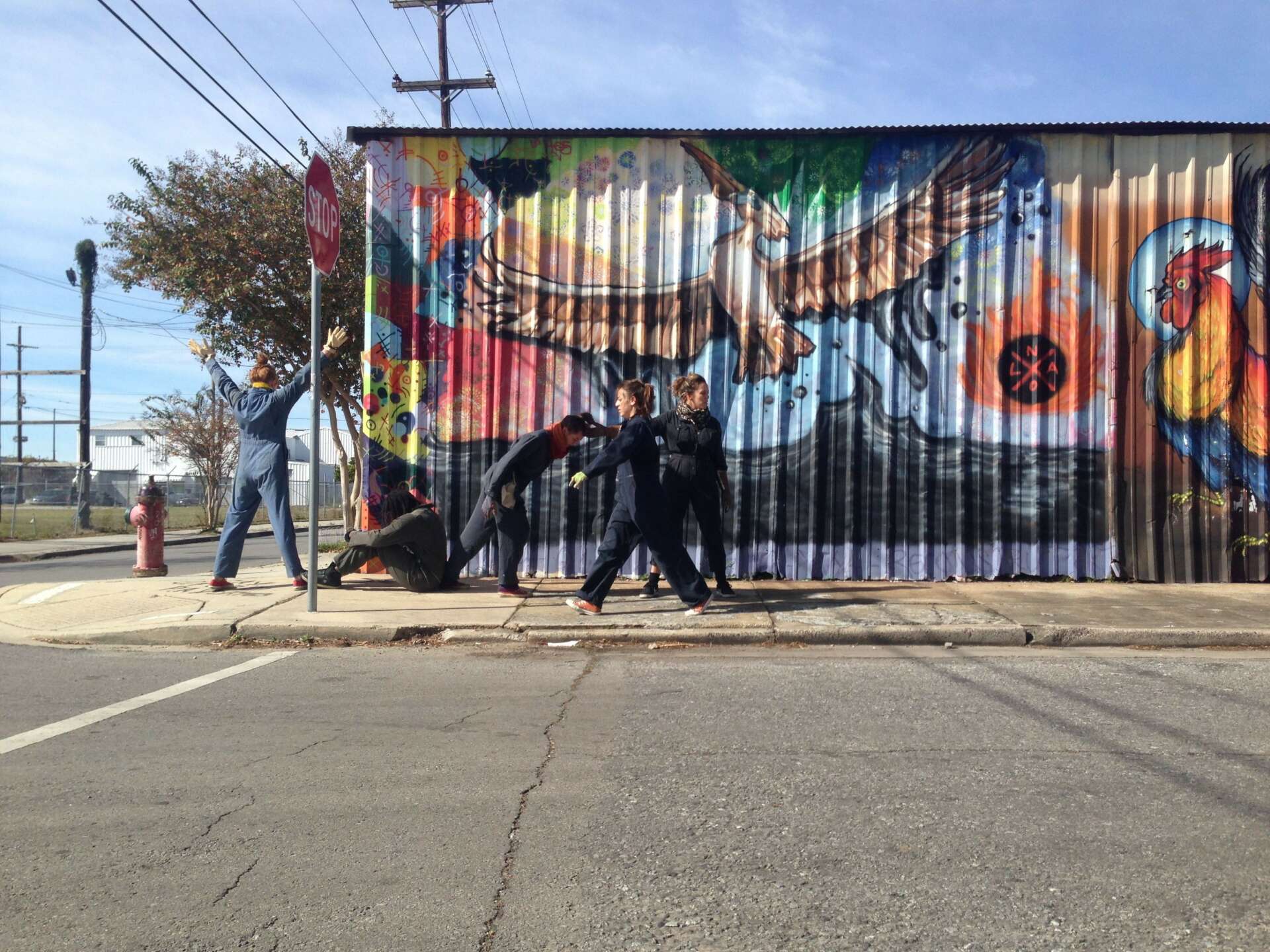
What’s the most rewarding aspect of being a creative in your experience?
For me, the most rewarding aspect of being an artist or creative is the ability to connect with others and to our shared humanity. Dance to me is such a special art form because it combines our body, space, and time into one practice. It’s a way of connected with myself in a deeper way and therefore the ability to connect with others. I’ve never left a dance class or my own dance practice feeling worse than when I started. Moving is so freeing and I’m constantly looking for ways to feel free in this oppressed-oppressor reality we live in. Like other art forms, I love how artists can connect without language, or can communicate in ways where language may fall short.

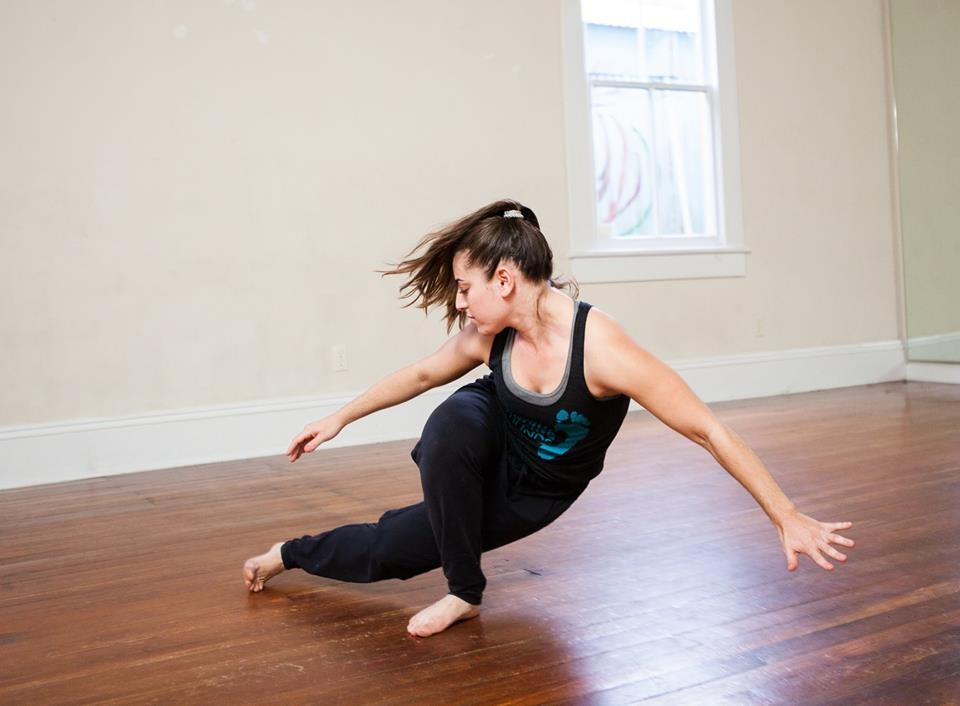
Have any books or other resources had a big impact on you?
I often think that administrative skills, management skills and other entrepreneurial skills are left out as being essential for artists. This couldn’t be farther from the truth. For example, we constantly have to advocate for ourselves, be knowledgeable about pay rates, taxes, financial planning, etc., in order to charge what’s needed to make a living. We have to be the customer service representative, the accountant, the marketing manager, the receptionist all in one so having administrative skills is essential. My best advice is to use technology and invest in softwares that help make your life easier. After that initial financial investment, put in the time investment to really incorporate them into your life and use them with fidelity. Just like your artistic practice takes integrity and commitment, so do our administrative and managerial practices.
Contact Info:
- Instagram: @briezeybaby
- Linkedin: www.linkedin.com/in/brieze-levy-701921186
Image Credits
Alive Coverage, Bobby Bonsey, Fernando Lopez, Melisa Cardona


